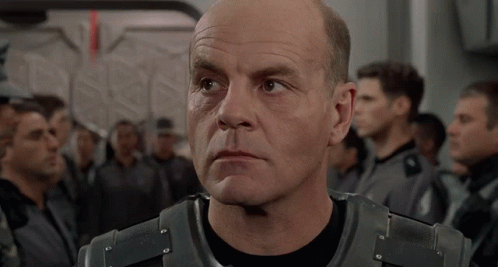bernard
BuSo Pro
- Joined
- Dec 31, 2016
- Messages
- 2,649
- Likes
- 2,335
- Degree
- 6
One of my favorite movies.

Book is just as good.
All of Heinlein's books are great.
They're supposedly written for young adults, but that just makes them easy to read. They're still a lot of fun if you're into sci-fi.






